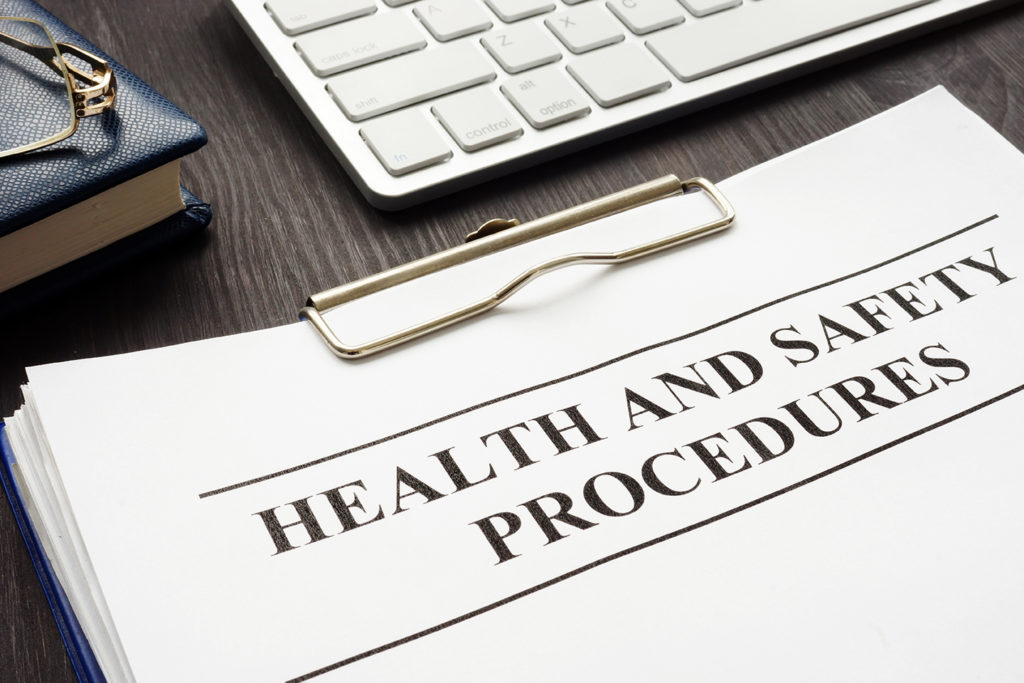Updated 30 April 2025
New figures show that fleet safety policies aren’t being kept up to scratch.
The Management of Health and Safety at Work Regulations 1999 dictate the standards that all employers must sustain. Employers (including the self-employed) should ensure ‘so far as is reasonably practicable the health, safety and welfare of all employees while at work.’ Employers also have a responsibility that others are not put in danger by the activities of their staff.
According to the rules, employers are expected to carry out risk assessments in order to predict possible risks. This includes risks to their employees, themselves and anyone who could be affected by the business’ activities. Risk assessments should be reviewed regularly to ensure that they are valid and appropriate.
What Do Fleet Owners Need To Keep In Mind?
As the road effectively becomes their employee’s workplace, fleet owners should consider the safety of mobile employees in the same way as employees in any other workplace. Fleet owners and managers have more than simply a vague duty to ensure that drivers and passengers are safe.
Fleet managers should regularly reassess risk, to consider what dangers are posed to drivers and passengers. This legislation isn’t just about taking care when it comes to mind. Leaders need to demonstrate that they are genuinely proactive about understanding and preventing health & safety concerns. Plan Insurance Brokers offer their clients a range of documents free of charge to assist with this process.
Plan Insurance provides a range of Motor Fleet Insurance options. Complete our online quote form, and our experienced brokers will contact you to discuss suitable insurance cover.
Is Your Fleet Following The Letter Of The Law?
New research by fleet management company LeasePlan suggests that an incredible third of fleet managers do not have a company vehicle policy in place for their fleets. This is worrying for many reasons, not to mention that it is a legal requirement.
A recent survey of 500 fleets told a bleak tale. Over 20% of fleet managers hadn’t updated their fleet vehicles policies during the pandemic. It is essential that the huge changes in ways of working (i.e. the vital role that fleets have had in transporting key workers) are reflected in new company policy.
For example, during the pandemic, private hire drivers have been responsible for transporting key workers. For those driving key workers, timeliness, safety and a level of service is not just desirable, it is vital. This should surely influence the working practices of private hire organisations?
Do Good Vehicle Policies Really Make Fleets Safer?
A lack of updated and suitable vehicle policies isn’t just an ethical and legislative issue. It saves money too. In a survey of ‘fleet decision-makers, most reported an average of around 11 accidents a year involving vehicles in their fleet. The average cost of repairing these vehicles after an accident was the best part of £4000.
Whether the risk is the safety of a passenger, lost trade due to vehicle downtime or the potential cost of repair and excesses for the company, an ounce of prevention is worth a pound of cure. Therefore, companies should be proactive in screening risks and putting in place policies and practices that prevent them from happening in the first place. In terms of the safety of both passengers and drivers, this is critical.
What Role Does Insurance Have To Play In Fleet Health & Safety Policy?
Having the right insurance in place and up to date with the correct documentation will of course minimise the threat of motor, employee and public liability claims that your business’s fleet faces on a daily basis. Reducing incident frequency and severity will result in lower premiums. There is a mutual interest between client, broker and insurer to achieve this objective.
We work with you to provide support that could prevent various and numerous potential incidents. Of course, quality fleet insurance protection will have been arranged and ready should an accidents occur. But our rounded service aims to keep your business motoring by preventing inconvenient and costly claims.
Legislation is changing all of the time. This can be a concern for fleet owners with large vehicle numbers, due to the scale of additional paperwork that can feel at times unmanageable. For that reason, access to our risk assessment documents and support are free of charge if you have an insurance policy with us. Our documentation support library is maintained and updated in line with legislation. Additionally, we send regular notifications about changes in legislation that are relevant to your business.


